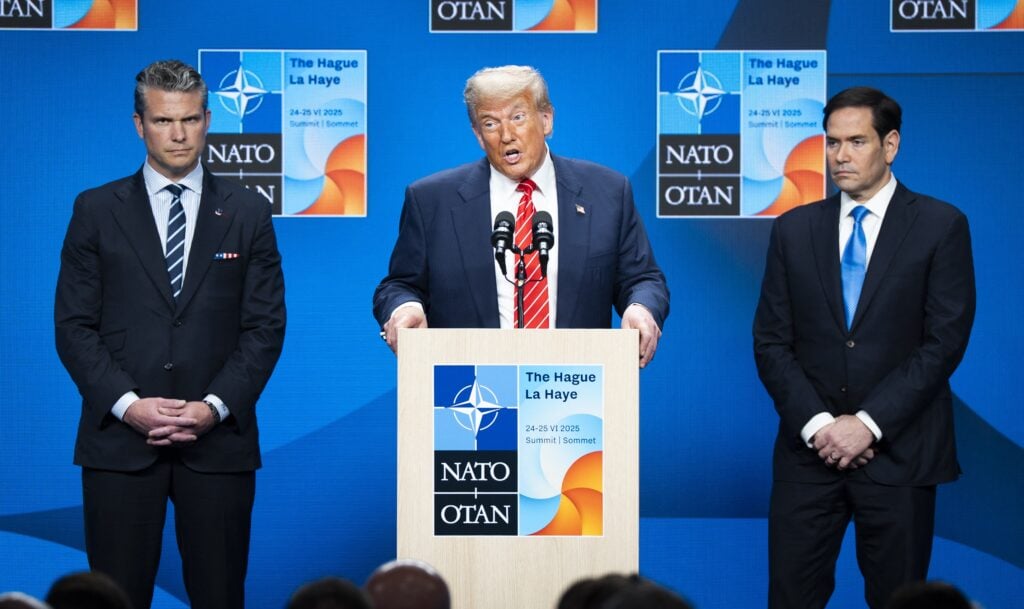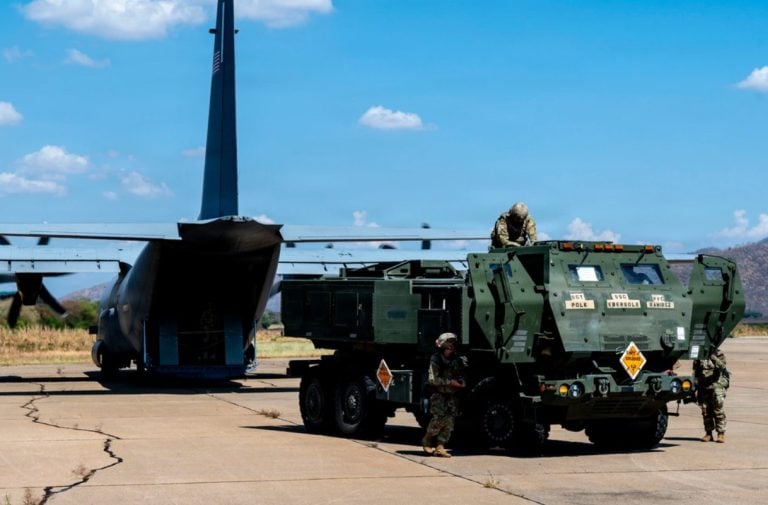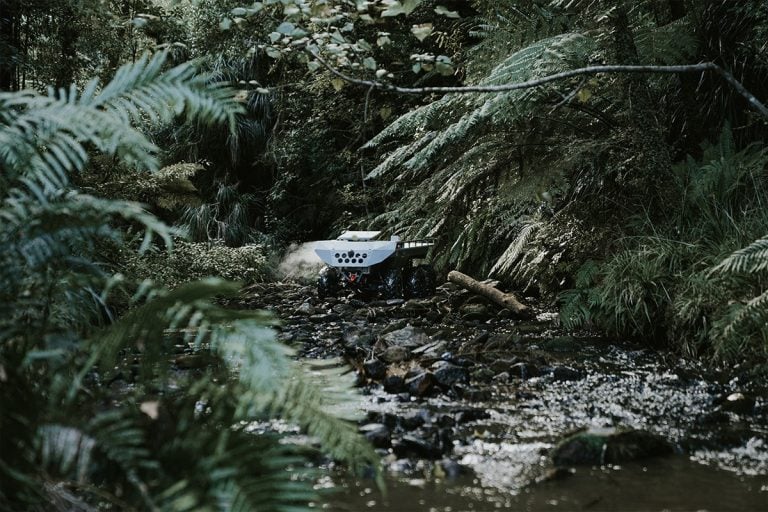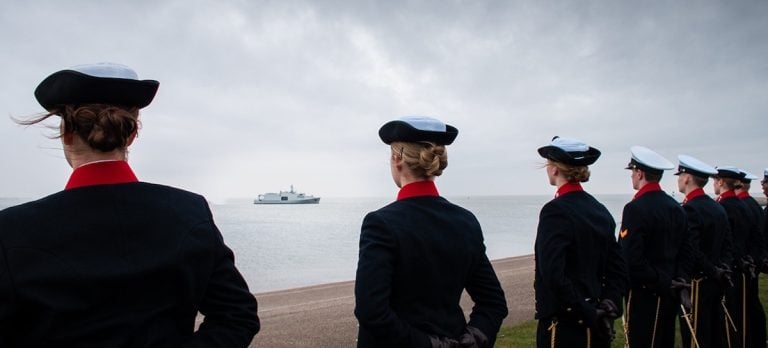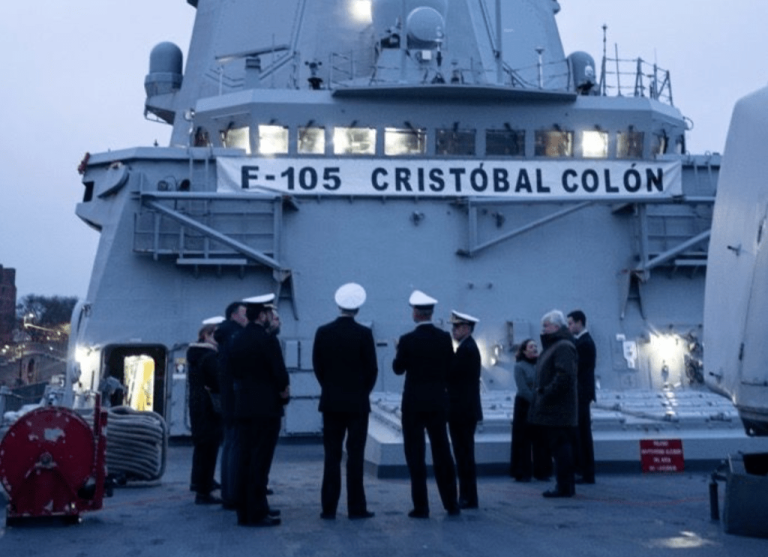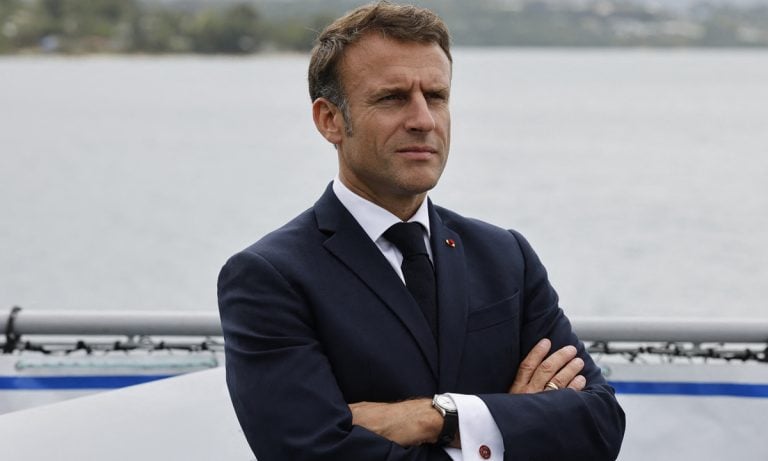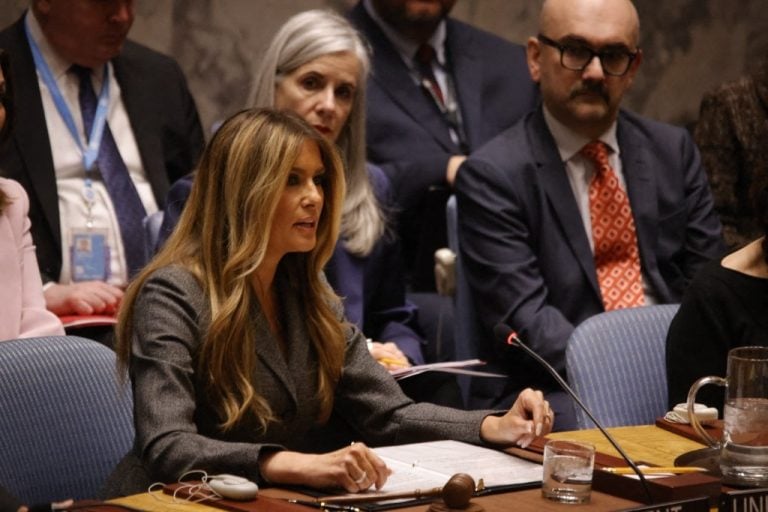In a significant show of unity, NATO countries have reached an agreement to substantially increase their defense spending, a move that US President Donald Trump has deemed a “monumental win” for the United States. The agreement, finalized after two days of discussions in The Hague, comes in response to Trump’s persistent demands and underscores the US commitment to its European allies amidst growing security concerns, particularly related to Russia.
During the talks, NATO’s 32 member countries rallied behind a commitment to raise defense spending to an ambitious target of 5 percent of their GDP. Trump expressed his satisfaction with the outcome, claiming it as a “fantastic” result that many thought impossible. The finalized declaration includes a promise of dedicating 3.5 percent of GDP to core military spending by the year 2035, complemented by an additional 1.5 percent towards broader security-related expenditures, such as infrastructure.
Spain’s initial hesitations about the spending commitments were notable, as the country indicated it could potentially meet NATO’s demands without adhering to the full spending targets. In response, Trump expressed the possibility of repercussions against Spain’s trade interests. However, the agreement allows him to tout a victory while also providing some flexibility for economically challenged European governments.
The backdrop of these discussions was highlighted by the ongoing conflict in Ukraine, with the summit’s final statement underscoring the “long-term threat posed by Russia to Euro-Atlantic security.” While the language in the declaration was softened compared to previous years, it reaffirmed collective support for Ukraine, whose security was characterized as integral to NATO’s own security. Notably, members can utilize funds from the new spending pledge for military assistance to Kyiv.
Ukrainian President Volodymyr Zelensky, while not in the spotlight as he had been in previous summits, met with Trump on the sidelines. Trump described their interaction as highly positive, indicating “it couldn’t have been nicer.” British Prime Minister Keir Starmer, along with other European leaders, also engaged with Zelensky, aiming to leverage the summit’s momentum to enhance support for Ukraine. Despite acknowledging Zelensky’s conflict, the summit avoided delving into Ukraine’s membership aspirations, especially after Trump had previously dismissed such prospects.
Trump’s remarks prior to the summit raised eyebrows, when he seemed to question the credibility of NATO’s mutual defense clause—known as Article Five. However, this article was unequivocally reaffirmed in the summit’s closing statements, with Trump emphasizing its importance and reflecting on the positive acknowledgment he received from NATO allies. He concluded his statements by stressing the vital role of the United States in the alliance, proclaiming that without its presence, NATO would struggle to function effectively.
